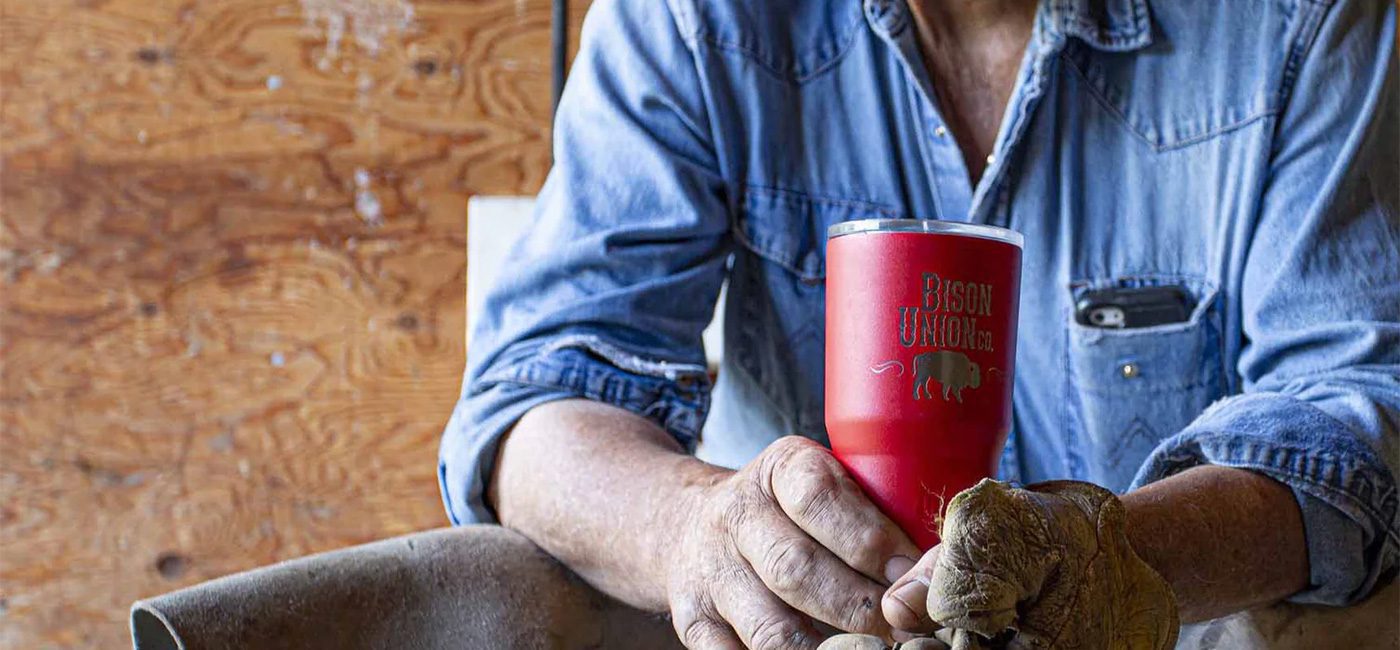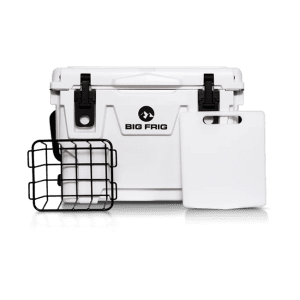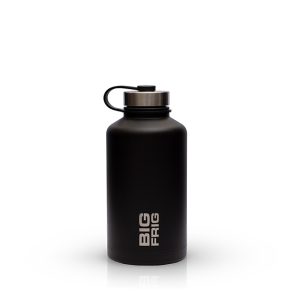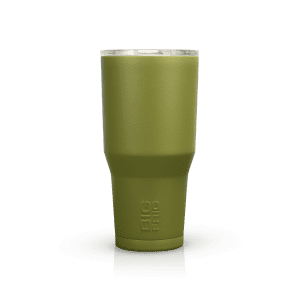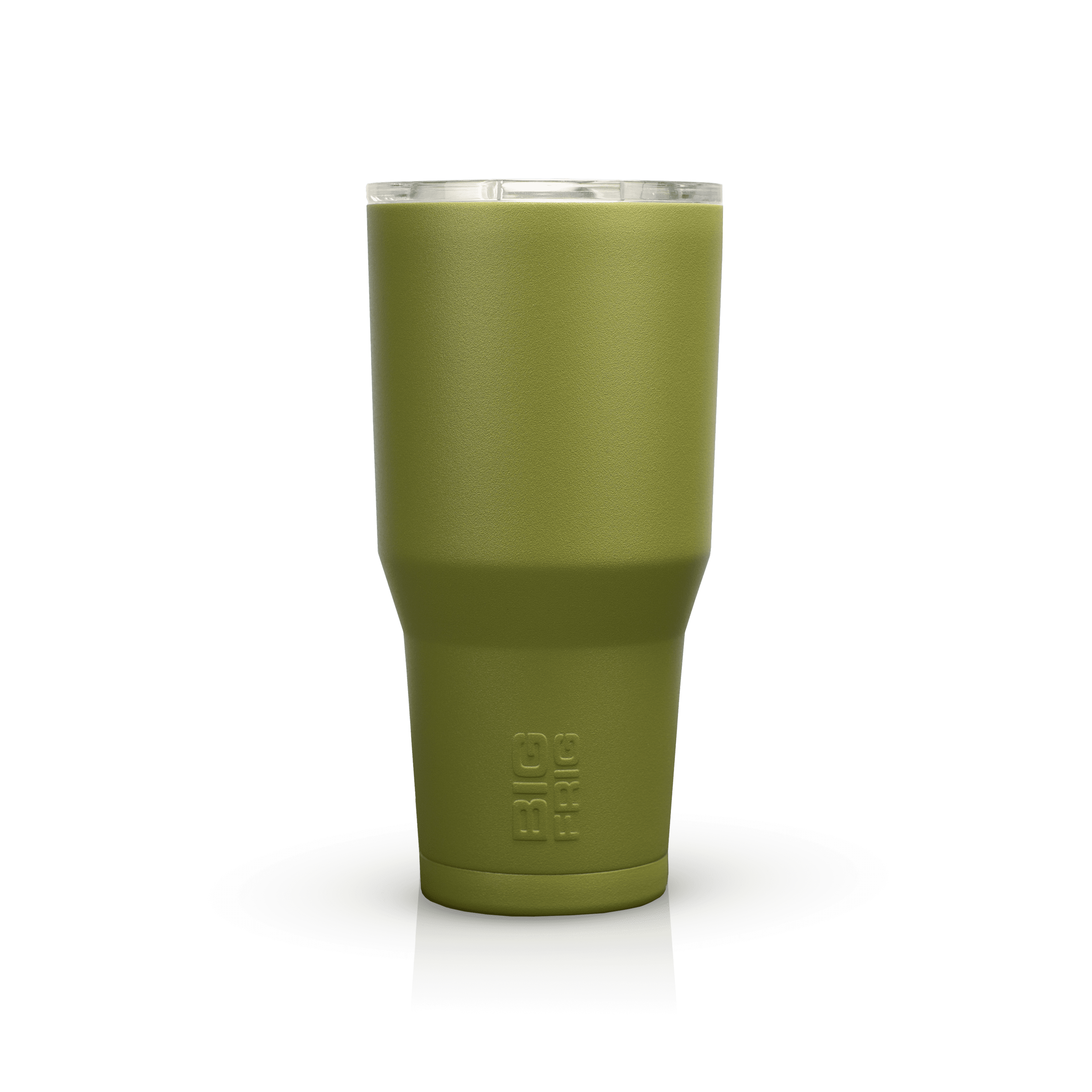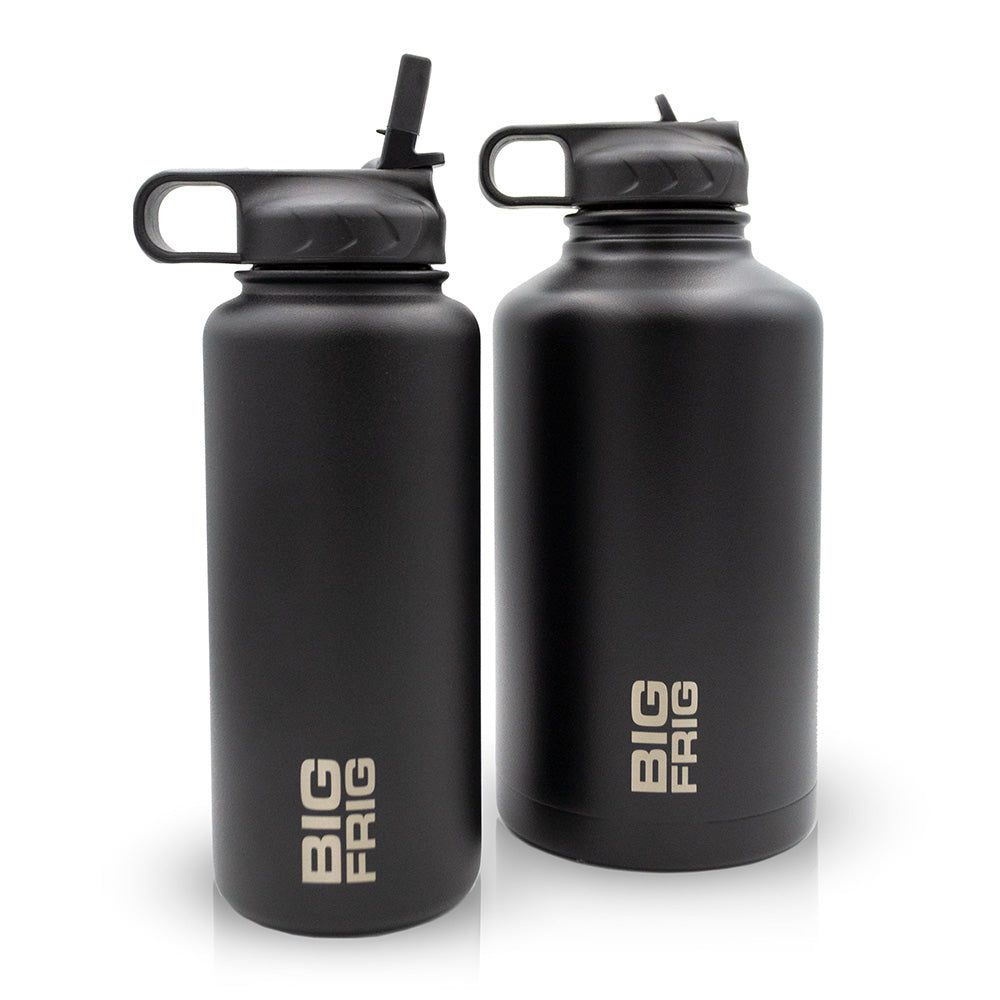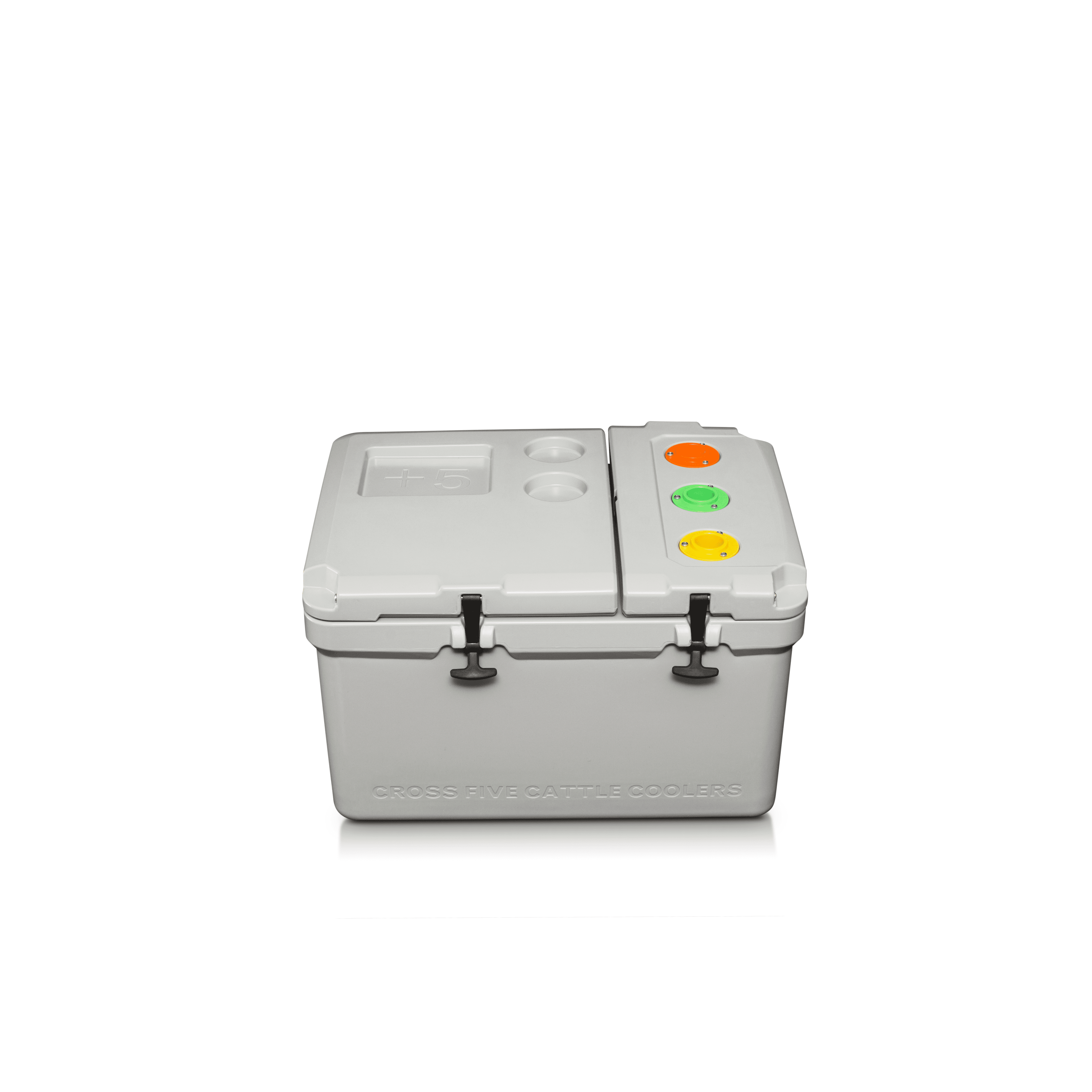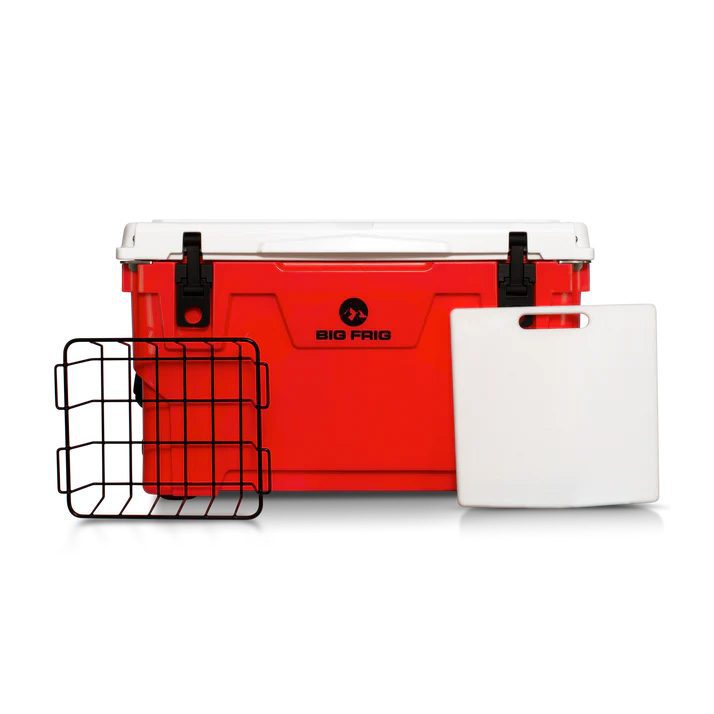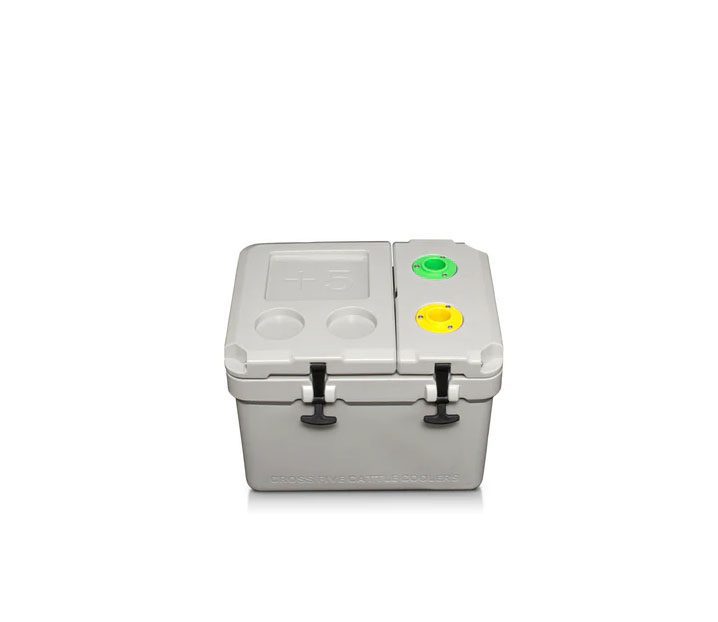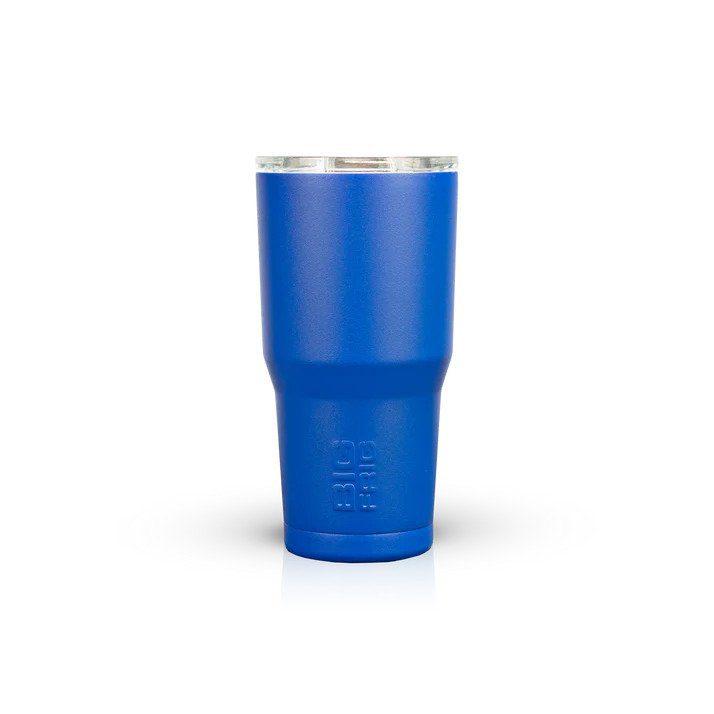Best Sellers
carousel title
from 728 reviewsCustom Made
We Take Custom Orders!
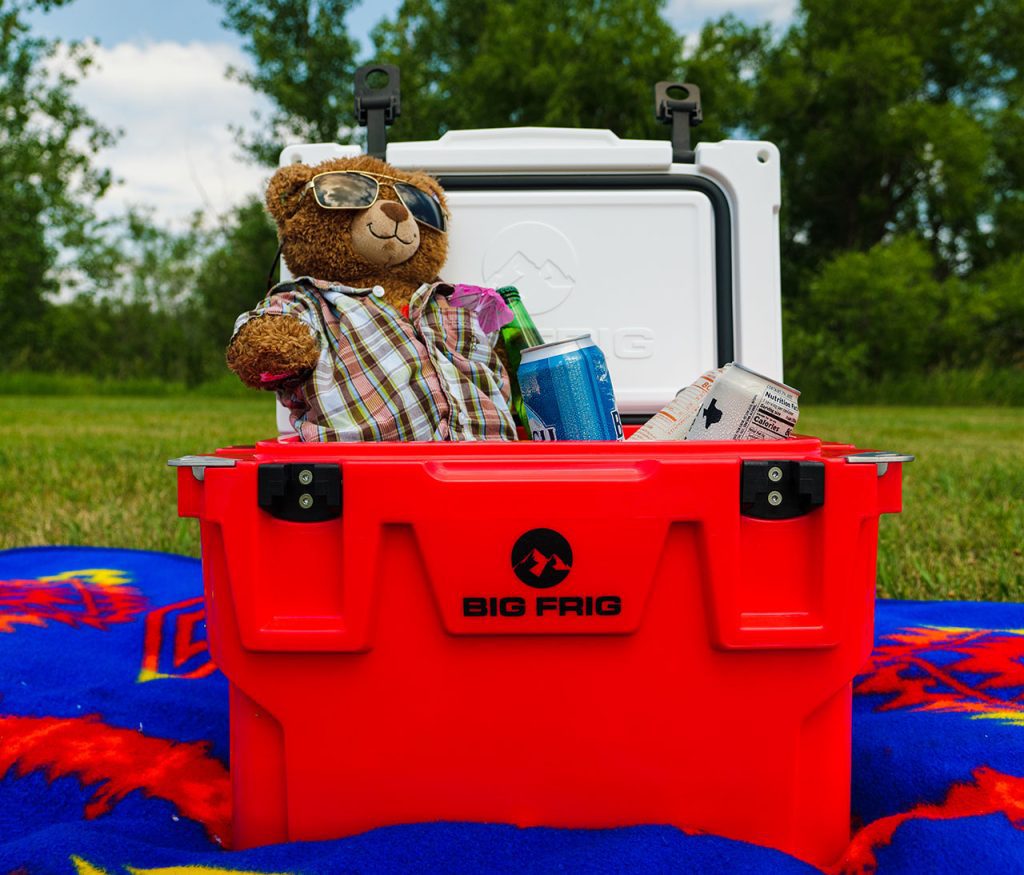
Learn More
Show off your Brand for years to come.
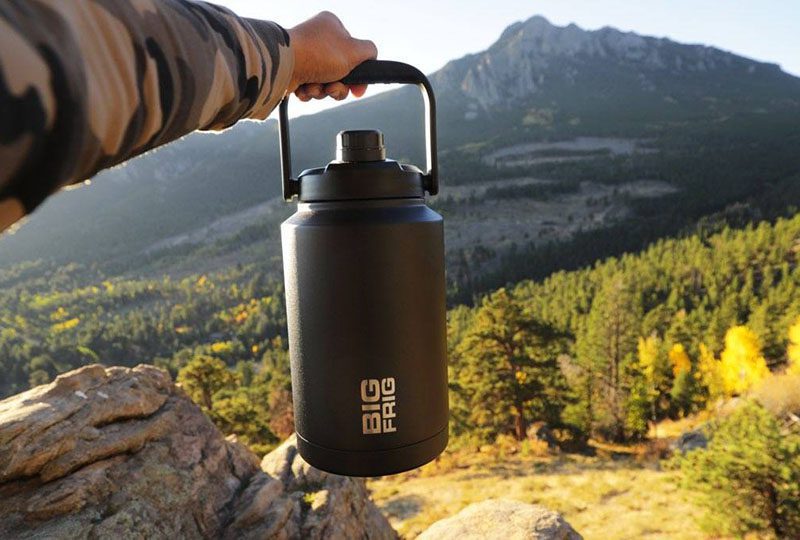
Our Story
A WAY OF LIFE™
Growing up in western South Dakota, I was fortunate to be involved in a variety of outdoor activities. From branding cattle and fixing fences to hunting, fishing, camping, and riding four wheelers. I was raised in a ranching family where you always do what you say and you work hard in everything you do. My parents stressed the importance of spending quality time with family and friends. They taught me the value of a dollar and not to spend frivolously.
I founded Big Frig because I wanted to offer superior quality products that could withstand the extreme conditions of the Midwest. I set out to design products that would perform as well as (if not better than) anything else available with features that many people were looking for. We’ve built Big Frig based on relationships and providing the best products with the customer service to back it up. We want our clients coming back for many years to come.
At Big Frig we believe in treating our customers like family and that family comes first. We believe in answering the phone and going the extra mile. We believe that people ought to get a quality product for their money and a business that will stand behind it. Our clients deserve nothing less and we won’t settle for anything less. Because it’s not just a tumbler or a cooler, it’s a reflection of a way of life.
– Brock Hutchinson, Founder
Visit
610 Freedom Drive, Suite #2
PO BOX 1577
North Sioux City, SD 57049
Contact
(605) 540-0911
info@bigfrig.com

